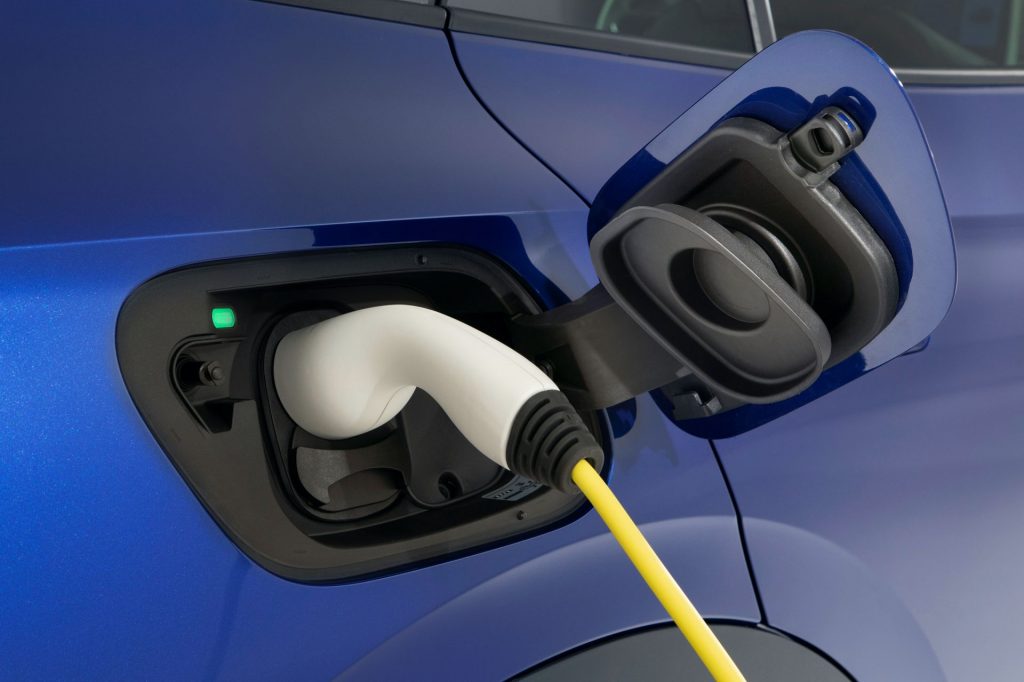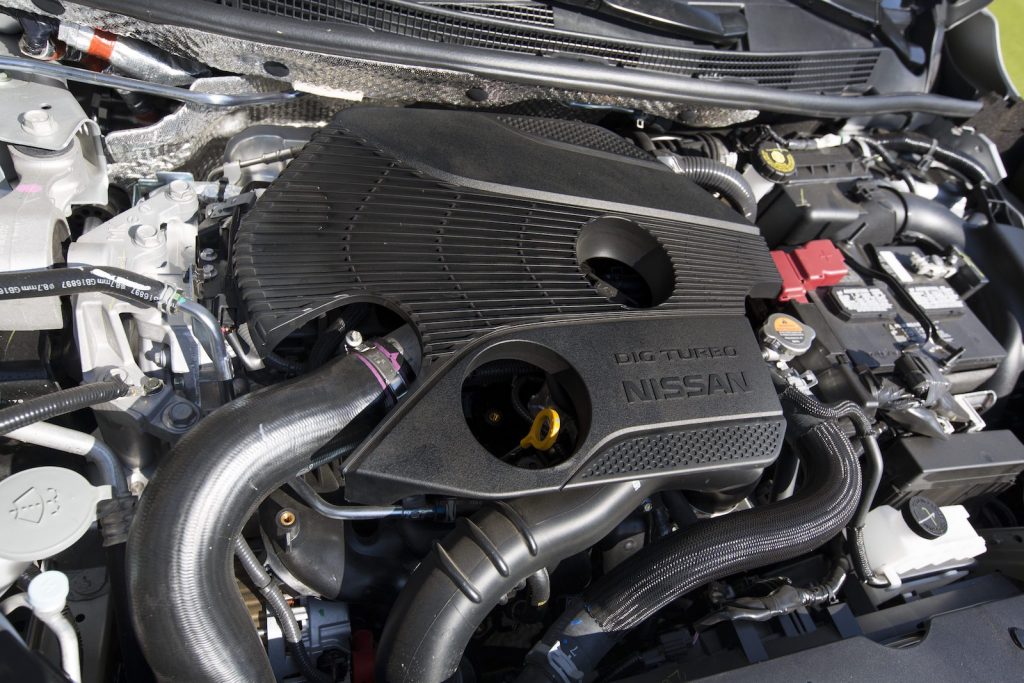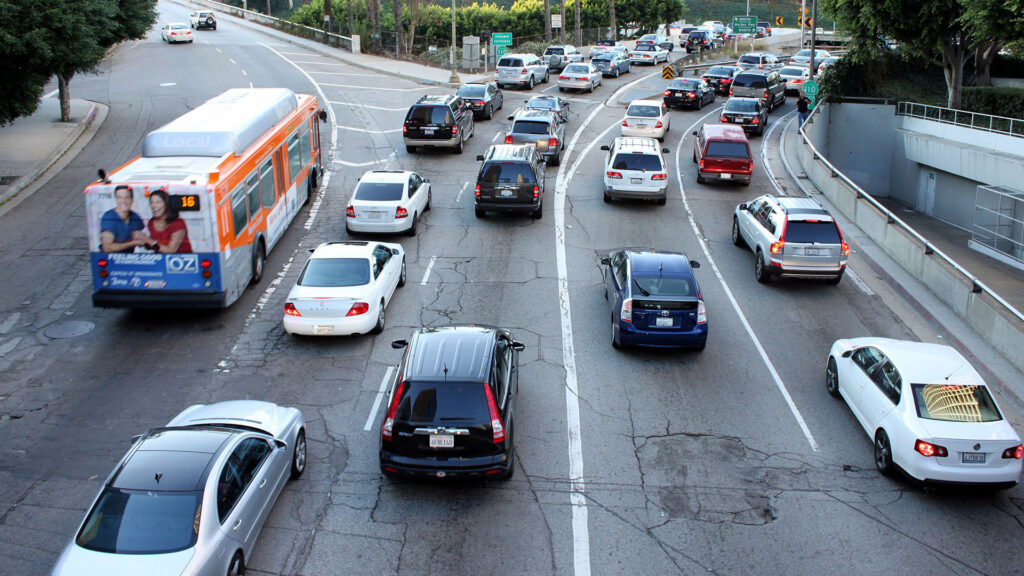California is seeking approval from the Biden administration to implement its plan of only selling battery-electric and plug-in hybrid vehicles by 2035.
While the California Air Resources Board (CARB) approved the plan in August last year, it still requires a waiver from the Environmental Protection Agency (EPA). In addition to ending the sale of new gasoline and diesel-powered vehicles by 2035, California wants to start setting yearly rising zero-emission vehicle rules in 2026.
It is not yet clear how the Biden administration will respond to the waiver request but the President has previously refused to endorse a date for an EV-only sales mandate. When asked by Reuters last month about how the EPA would respond to a waiver request from California, EPA Administrator Michael Regan declined to say.

After the request was made this week, EPA spokesperson Tim Carroll said “as with all waiver requests from California, we’ll follow an open public process in considering it, as the agency routinely does.”
A number of other U.S. states plan to follow California’s lead in banning the sales of new gasoline and diesel-powered cars, including Rhode Island, Washington, Virginia, Vermont, Oregon, New York, and Massachusetts.
Read: EPA Gives Green-Light To Phase Out Diesel Semi-Trucks In California
California’s mandate will require 35% of new cars sold in the state to be plug-in hybrids, EVs, or fuel cell-powered by 2026 before this proportion rises to 68% in 2030 and then 100% in 2035. In the waiver request sent to the EPA, California said the strict rules will cost it $210.35 billion through 2040 but have benefits totaling $301.41 billion.
In April, the EPA proposed that automakers should be building 60% EVs by 2030 and 67% EVs by 2032 if there are to meet requirements.




